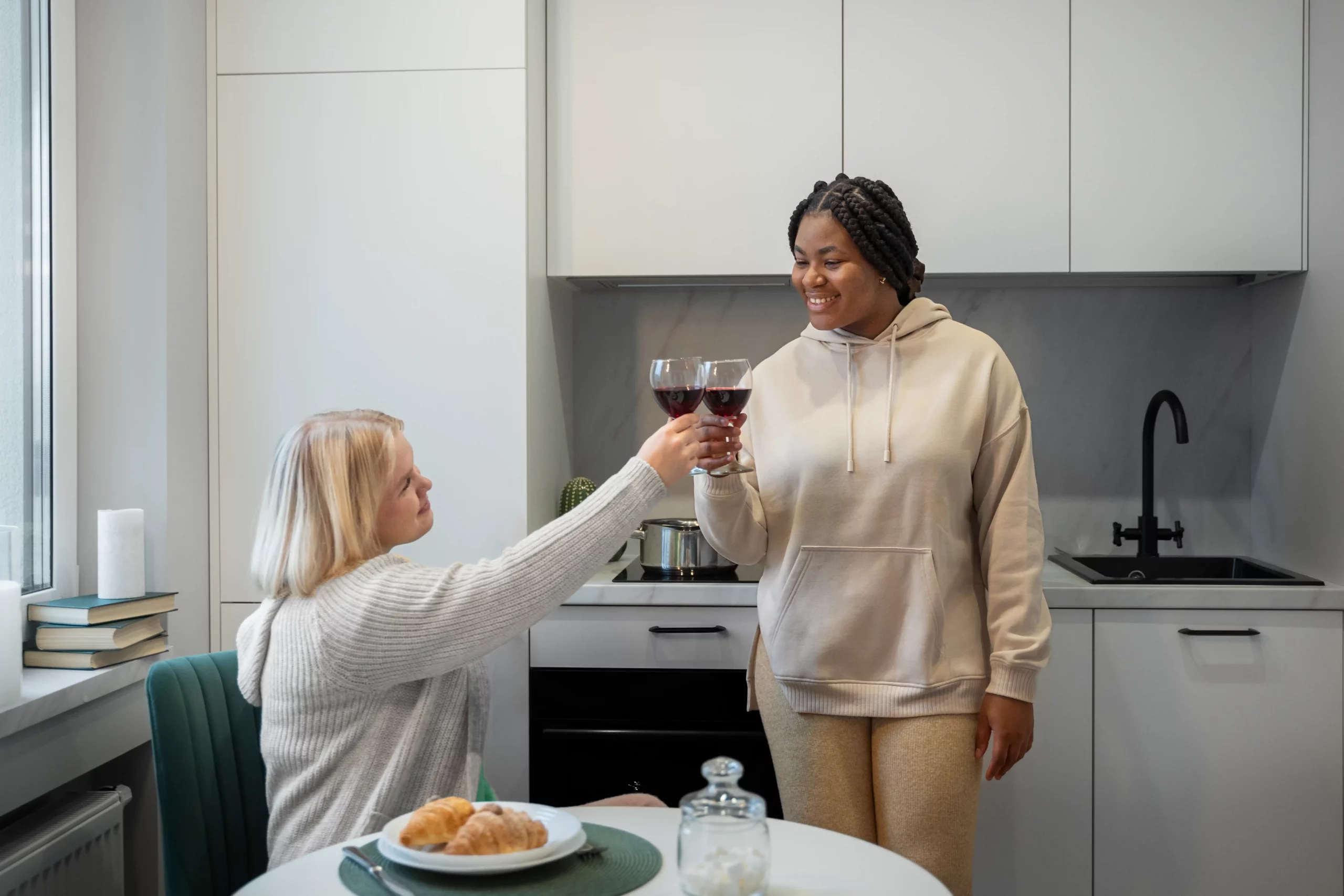Brought to you by Priority Groups – Because Your Loved Ones Deserve the Best Care
As our loved ones age, it’s natural for their needs to change. While some seniors thrive with complete independence, others may begin to struggle with everyday tasks — even if they don’t always admit it. If you’ve noticed subtle (or not-so-subtle) changes in a parent, spouse, or relative, it may be time to consider the benefits of in-home care.
Here are 10 signs that your loved one may need extra support at home:
1. Neglected Personal Hygiene
Have you noticed your loved one skipping baths, wearing dirty clothes, or showing signs of poor grooming? These could be signs they’re having difficulty managing their personal hygiene, often due to mobility or memory issues.
2. Unexplained Weight Loss
Sudden or steady weight loss may signal trouble with cooking, eating, or even remembering mealtimes. It could also indicate underlying health issues that need attention.
3. Medication Mismanagement
Missed doses, duplicate pills, or expired prescriptions are serious warning signs. A professional caregiver can ensure your loved one takes their medications correctly and on time.
4. Increased Forgetfulness
Everyone forgets things sometimes — but if your loved one regularly misplaces items, misses appointments, or repeats the same stories, cognitive decline might be at play.
5. Household Disarray
If you’ve noticed piles of laundry, unpaid bills, spoiled food in the fridge, or general messiness, your loved one may be overwhelmed by the demands of maintaining their home.
6. Mobility Challenges
Falls, trouble standing, or difficulty walking can greatly reduce your loved one’s independence — and increase their risk of injury. In-home caregivers can assist with mobility safely.
7. Social Isolation
Has your loved one stopped attending family gatherings or social activities? Isolation can contribute to depression and cognitive decline. A caregiver provides not only support but companionship.
8. Changes in Mood or Behavior
If your loved one seems unusually irritable, withdrawn, anxious, or depressed, it may stem from frustration, confusion, or loneliness — all signs they may benefit from regular assistance and emotional support.
9. Unfinished Business
Unopened mail, missed appointments, or notices from service providers may indicate they’re having trouble keeping up with daily responsibilities.
10. Caregiver Burnout
If you or another family member has taken on caregiving responsibilities and are feeling overwhelmed, it might be time to seek professional help. You deserve balance and peace of mind — and your loved one deserves quality care.
Why In-Home Care Matters
In-home care provides personalized, dignified support in the comfort of a familiar environment. Whether your loved one needs help a few hours a week or 24/7 assistance, Priority Groups is here to help.
Our compassionate caregivers are trained to assist with:
-
Personal care and hygiene
-
Meal preparation and nutrition
-
Medication reminders
-
Mobility and transfers
-
Companionship
-
Light housekeeping
-
Transportation to appointments
Ready to Talk?
At Priority Groups, we believe in helping families make informed, compassionate decisions. If any of these signs sound familiar, let’s talk. Schedule a free in-home consultation today, and let us help your loved one live safely and comfortably at home.



